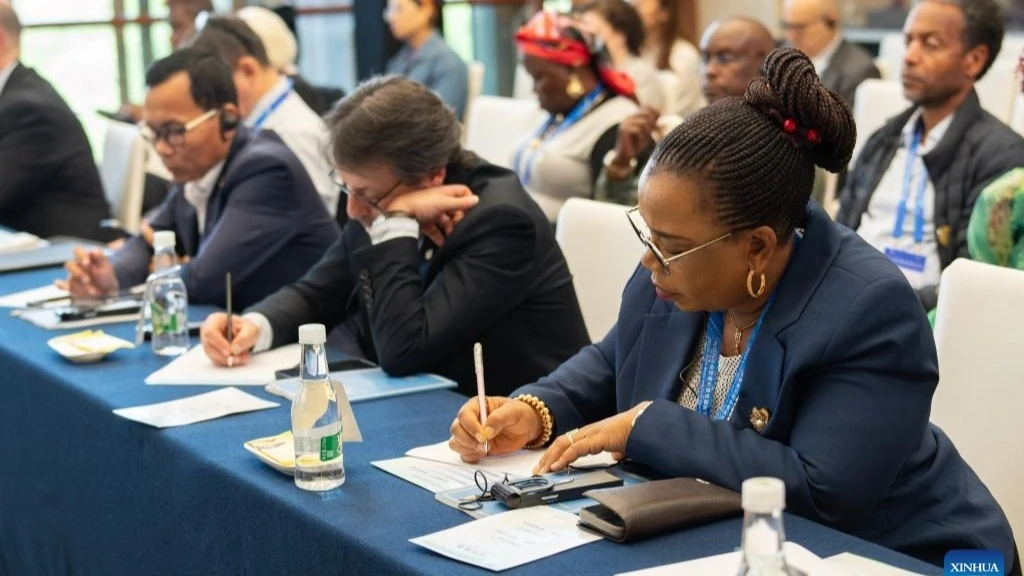Hospitals beset with treatment dilemmas as suicide cases rise

AS the world marks World Suicide Prevention Day, health experts have sounded the alarm over rising suicide cases, calling for urgent investment in mental health services and wider community education.
Dr. Alfred Mwakalebela, the Iringa regional referral hospital medical officer in charge, said in an interview here at the weekend that global statistics remain troubling, with more than 720,000 people dying by suicide every year.
An estimated 20 attempts are said to have taken place for every life lost, so experts warn that the trend could worsen unless deliberate steps are taken to strengthen awareness, prevention and support systems.
Underscoring the importance of stress and poor coping mechanisms as leading triggers of suicidal behavior, he said that the problem arises when someone struggles with stress management. “Loneliness, loss of appetite or relational conflicts can lead to depression, and in some cases to suicide,” the medic asserted.
While suicide is strongly associated with mental health conditions such as depression and alcohol use disorders, many deaths occur impulsively in moments of crisis. “Common drivers include broken relationships, financial hardship, chronic illness and different forms of abuse,” he explained.
At the hospital, most attempted suicide cases involve poisoning through pesticides or local herbal substances, he said, noting that the facility records between five and ten cases each month, with the majority being men.
Men are more likely to die by suicide compared to women because they habitually internalise their struggles instead of sharing them, he said, affirming that women tend to open up about their challenges, and this lowers their suicide impulse risk.
“But sadly, we are also witnessing more young women aged 18 to 25 attempting suicide, often due to pregnancy rejection by their partners,” he stated, urging a multi-sectoral approach to prevention.
The government and health sector stakeholders need to integrate psychological education into schooling and community programmes to help build resilience and teach people healthier ways of coping with life’s setbacks.
“It should not be that someone decides to end their life over a debt of say one million shillings,” he said in illustration, insisting that people need to learn to face challenges, whether financial or family-related.
Depression patterns differ across regions, with Africa having a lower prevalence of suicide rates compared to Europe, which may be linked to stronger family and social ties, he said, pointing at different economic structures.
Nonetheless, stigma surrounding mental health remains a barrier in Tanzania, deterring many from seeking the help they need, he said, highlighting that the ripple effects of suicide extend far beyond the individual, devastating families, friends and communities.
As prevention is possible, experts are urging every stakeholder—from policymakers to households—to play a part in protecting mental health situations getting from bad to worse..
“Suicide is preventable but it will take all of us—individuals, communities and institutions—to safeguard lives and offer hope where it is needed most,” the medic declared.
Top Headlines
© 2025 IPPMEDIA.COM. ALL RIGHTS RESERVED






















